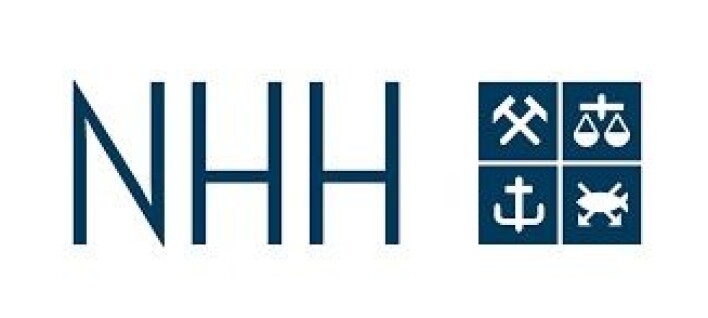THIS CONTENT IS BROUGHT TO YOU BY NHH - Norwegian School of Economics - read more

Researchers are concerned about the gap in AI usage between male and female students
Female students are less likely to use these AI tools compared to their male peers. "This is concerning," says the researcher behind the new study.
Female students, particularly high-achieving ones, are less likely to use AI tools compared to male students.
This is a gap that could reinforce existing gender inequalities in the workforce, according to the researchers.
“This can have far-reaching implications for the future job market,” says Catalina Franco. She is a researcher at the Centre for Applied Research and the Centre for Experimental Research on Fairness, Inequality and Rationality (FAIR) at the Norwegian School of Economics (NHH).
Generative AI skills
“We found that top female students are opting out of using AI tools,” says researcher Daniel Carvajal.
“This is concerning because generative AI skills are increasingly becoming an asset in the job market. Our research shows that women who do adopt these tools can significantly enhance their job prospects,” he adds.
The study surveyed 595 students at NHH and 1,134 managers across the industries that typically hire graduates from the school.
The researchers conducted the study using experiments. In one of them, students were clearly informed that AI use was explicitly allowed. In that case, there were small differences between women and men.
Over 80 per cent of both genders then wanted to use generative AI tools.
However, in the scenario when AI use was explicitly banned, the gender gap widened again, particularly among top-performing female students.
What about the managers?
The implications of this study extend beyond the classroom:
The managers in the study highly value AI skills when hiring new employees, especially for female candidates.
Top female students with AI expertise were rated 7.6 per cent higher than those without. Male candidates were not 'rewarded' in the same way for their AI skills.
The study underscores the need for policies and encouragement to ensure that women do not fall behind in the digital age. This is because the job market increasingly demands such competence and experience.
A clear stance
Policies around AI use in educational settings are crucial, according to the researchers. A clear, positive attitude towards AI use could help close the gender gap in generative AI adoption.
“On the other hand, banning AI could unintentionally push women further behind,” says researcher Siri Isaksson.
The researchers hope that their findings will prompt educational institutions and employers to design clear guidelines that empower everyone to confidently adopt and master these critical tools.
Reference:
Carvajal et al. Will Artificial Intelligence Get in the Way of Achieving Gender Equality?, NHH Dept. of Economics Discussion Paper No. 03, 2024. DOI: 10.2139/ssrn.4759218

This content is paid for and presented by by NHH - Norwegian School of Economics
This content is created by NHH's communication staff, who use this platform to communicate science and share results from research with the public. NHH - Norwegian School of Economics is one of more than 80 owners of ScienceNorway.no. Read more here.
More content from NHH:
-
Ambitions spread in the classroom: Students from elite families lift others with them
-
78 per cent find green living difficult
-
Norwegians send rude e-mails - without realising they do so
-
Norwegian men as an export item
-
Norwegian infant mortality no longer dependent on income
-
Closing borders in 2020 reduced COVID-19 infections and fatalities




































